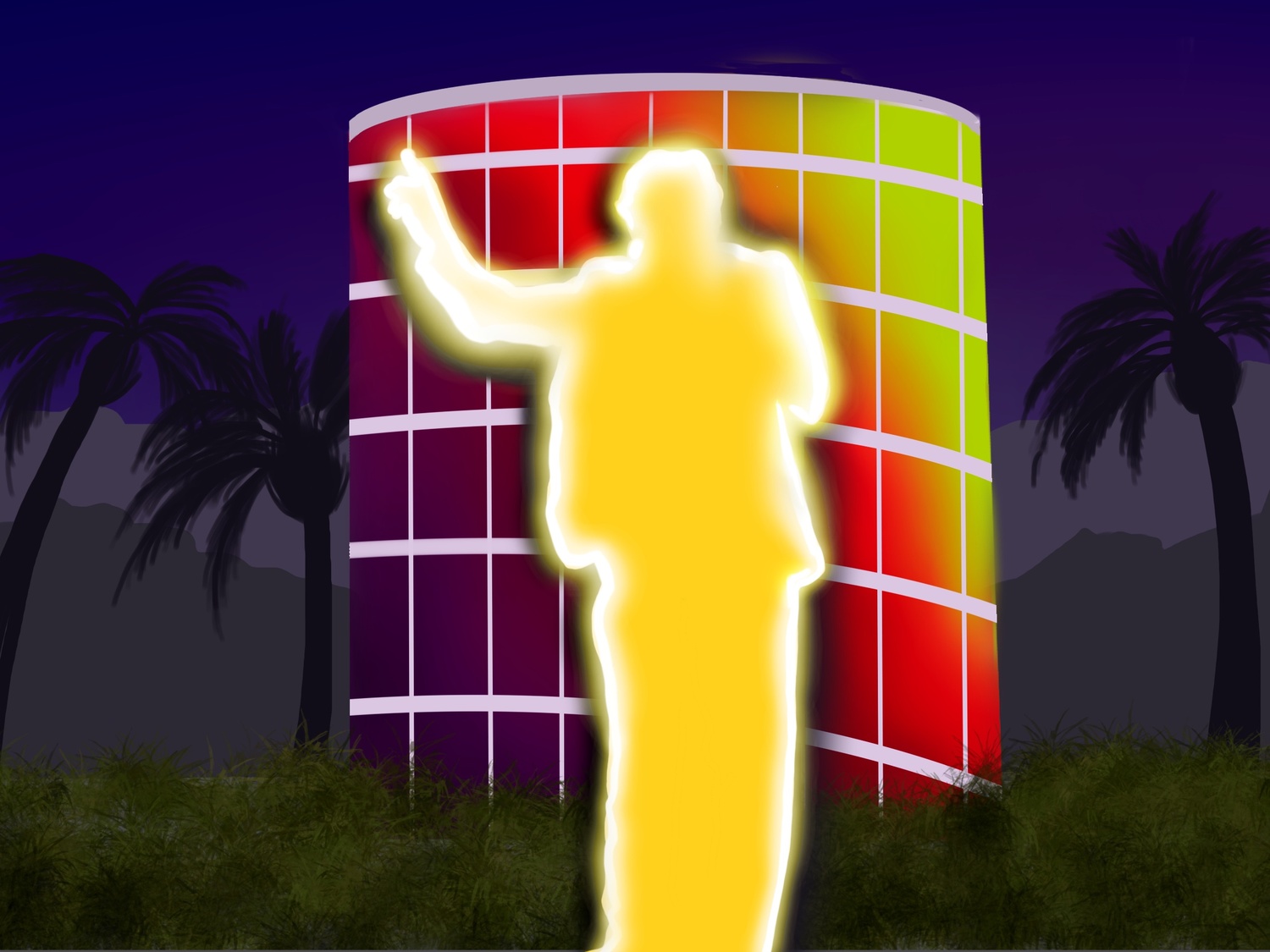
News
Summers Will Not Finish Semester of Teaching as Harvard Investigates Epstein Ties

News
Harvard College Students Report Favoring Divestment from Israel in HUA Survey

News
‘He Should Resign’: Harvard Undergrads Take Hard Line Against Summers Over Epstein Scandal

News
Harvard To Launch New Investigation Into Epstein’s Ties to Summers, Other University Affiliates

News
Harvard Students To Vote on Divestment From Israel in Inaugural HUA Election Survey
What the Hell Happened: Bernie Sanders Introduces Clairo at Coachella

On the evening of April 13, U.S. Senator Bernie Sanders (I-V.T.) appeared onstage at Coachella — not to perform, but to introduce singer-songwriter Clairo. The Vermont senator addressed a packed crowd with a short speech that emphasized youth power, condemned political inaction, and praised Clairo’s ongoing advocacy for women’s rights, including her vocal support for civilians in Gaza.
“The future of what happens to America is dependent upon your generation,” Sanders said. He followed up this statement by urging the audience to take action on issues like climate change and women’s rights. When he referenced President Donald Trump, the crowd responded with boos. In response, Sanders said, “I agree.”
“Clairo has used her prominence to fight for women’s rights,” he said, “to try to end the terrible, brutal war in Gaza, where thousands of women and children are being killed.”
In retrospect, the moment was unexpected but not entirely out of nowhere. Sanders has been traveling the country as part of his “Fighting Oligarchy Tour,” aimed at mobilizing young voters and challenging corporate influence in American politics. Just a few days earlier, he drew a crowd of over 36,000 at a Los Angeles rally with Representative Alexandria Ocasio-Cortez.
Bringing that message to Coachella — one of the largest and most visible youth gatherings in the country — was a calculated move. The festival may be better known for unique outfits and surprise musical guests than it is for political speeches, but it’s also a space where young people gather in massive numbers. And with many disillusioned by traditional political institutions like Congress and the presidency, moments like this offer a more compelling kind of engagement.
The speech wasn’t long, but it landed. Sanders didn’t try to adapt his tone or language to the setting — he simply delivered his usual message in a new venue. That authenticity likely helped it resonate. Instead of feeling like a political stunt, the moment came across as a genuine attempt to speak directly to the next generation of voters in a space where they were already listening.
It also worked because of the artist he was introducing. Clairo, whose work often explores vulnerability, identity, and womanhood, has built a dedicated following among young listeners. Her public support for human rights issues, particularly in Gaza, has only strengthened that bond. In that context, Sanders’ praise didn’t feel performative — it felt earned.
So what does it mean for a sitting U.S. senator to show up at a music festival and be met with applause? At the very least, it suggests that younger audiences are still paying attention, just not always in the places politicians expect.
What happened at Coachella was more than a guest appearance — it was a glimpse into the evolving ways political messages are shared and received.
—Staff writer Rachel A. Beard can be reached at rachel.beard@thecrimson.com.
Want to keep up with breaking news? Subscribe to our email newsletter.
